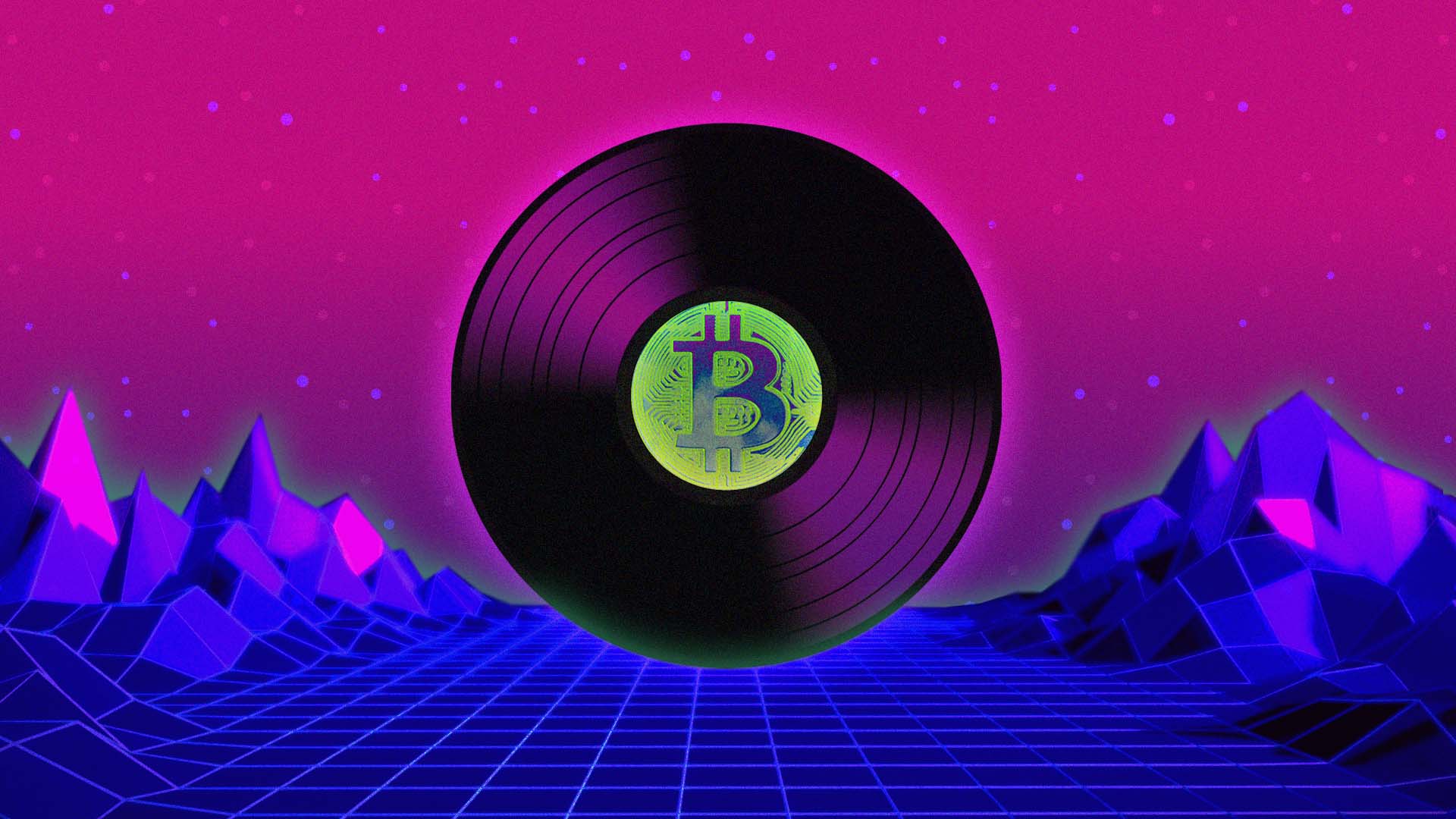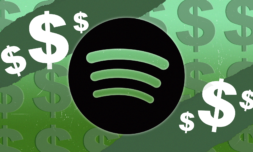As popular streaming services like Spotify continue to take the lion’s share of revenue away from music artists, NFTs may help them regain control over their enterprises in the near future.
In the future, the ability to listen to your favourite artists may depend on you finally wrapping your heads around NFTs. Sorry, but it’s for a good cause.
If you keep up with any sort of industry news, you’ll already know that musicians have not been equitably compensated over the last decade. The typical revenue split is 50/50 – with half of earnings going to the artist, and the other going in the pockets of agents, lawyers, and distributors.
The reality is even grimmer when you delve into streaming services like Spotify and Apple Music. On the former, most of the top 0.8% of artists reportedly earn less than $50,000 while making the platform a killing. 90% of all royalties are shared solely among these highflyers too.
CEO Daniel Ek, who is worth some $3bn by the way, was heavily criticised a couple of years ago for shifting the responsibility on musicians to work harder. Specifically, he stated that artists can no longer release an album every two-to-three years and remain relevant.
Contrary to this, however, investment companies are suggesting that streaming services themselves may struggle to avoid obsoletion throughout the next big industry shift: NFTs. In any case, artists will stand to benefit big time.
NFTs to shift the power back to artists?
Before you begin to roll your eyes at the thought of yet more theoretical items – and bored ape JPEGs – trading for thousands a pop, there is a serious upside to NFTs in this instance that goes beyond merely feeding internet culture.
By shifting away from streaming services and towards blockchain, musicians and other creatives no longer need to relinquish ownership of their content from the get-go. They hold all the cards and can deal them as they see fit.
If you want to get technical, once an artist mints – converts a digital asset to a blockchain ‘product’ to be sold – a song or album, they will receive compensation directly from any sale. If the new owner should then choose to resell the NFT, the artist will receive royalties for every purchase. Neat, eh?
Through this principal, Kings of Leon were able to generate over $2m in a single week from NFT sales of their latest album ‘When You See Yourself.’ Meanwhile, the band is earning roughly £4 per 1,000 streams on Spotify.
Linkin Park’s Mike Shinoda recently lauded NFTs as a gamechanger on Twitter, stating: ‘With NFTs, we can let the early figures speak for themselves. Even if I upload the full version of the contained song to DSPs worldwide (which I can still do), I would never get even close to $10k, after fees by DSPs, label, marketing, etc.’
Also a huge advocate of NFTs disrupting the industry, Tiny Tempa described current royalty splits in label-based music as ‘modern-day slavery.’ Talking up the burgeoning alternative for musicians, the rapper-turned-investor then stated that NFTs work ‘in the right way and in the fair way.’
Here’s the crazy thing. Even if I upload the full version of the contained song to DSPs worldwide (which I can still do), i would never get even close to $10k, after fees by DSPs, label, marketing, etc.
(more)— Mike Shinoda (@mikeshinoda) February 6, 2021




















